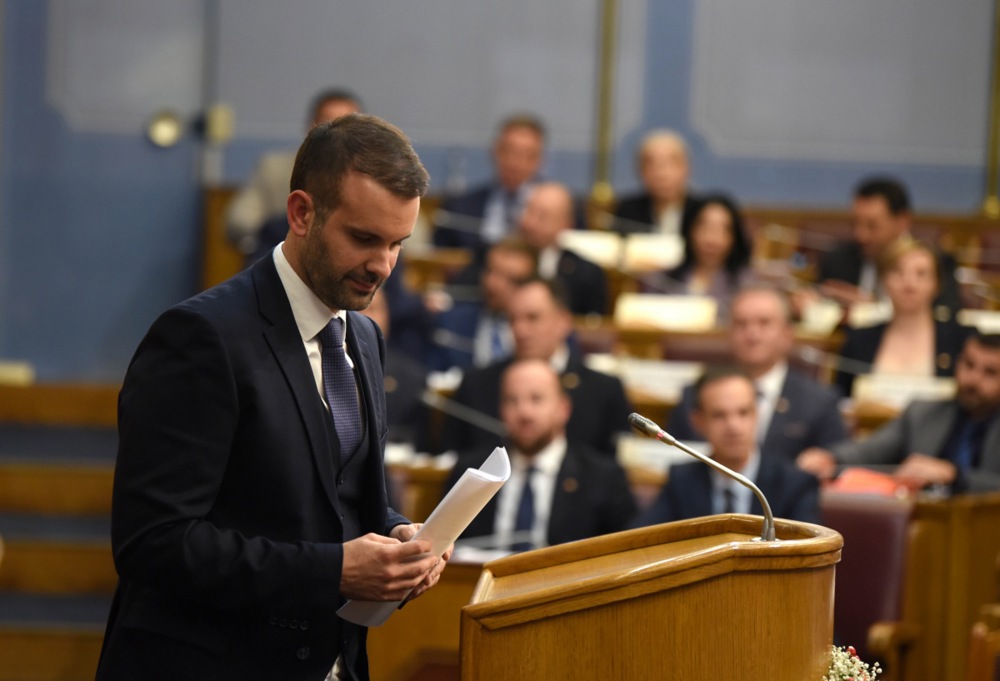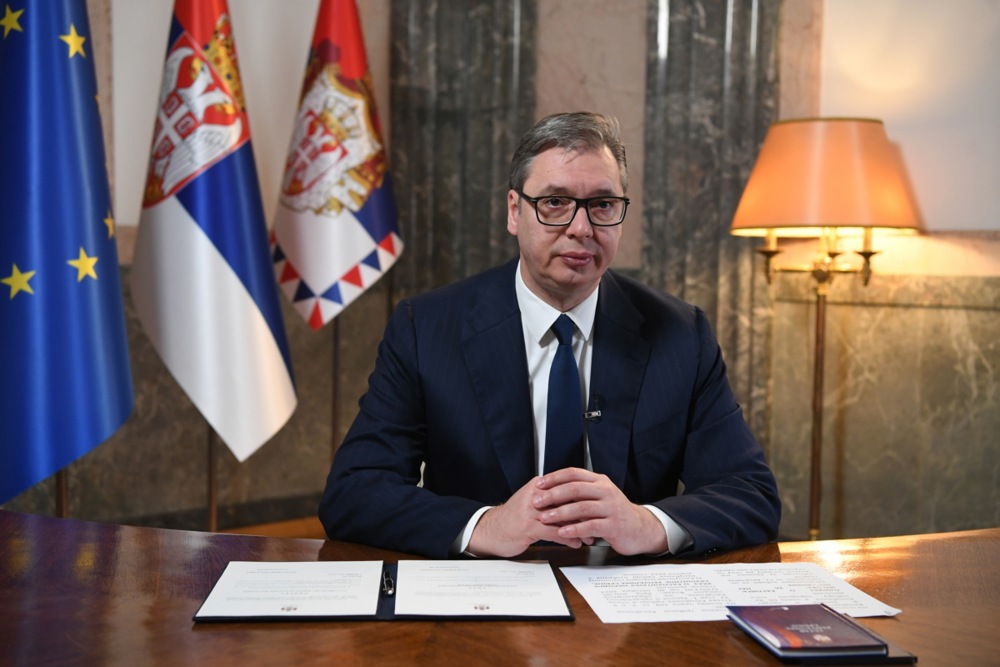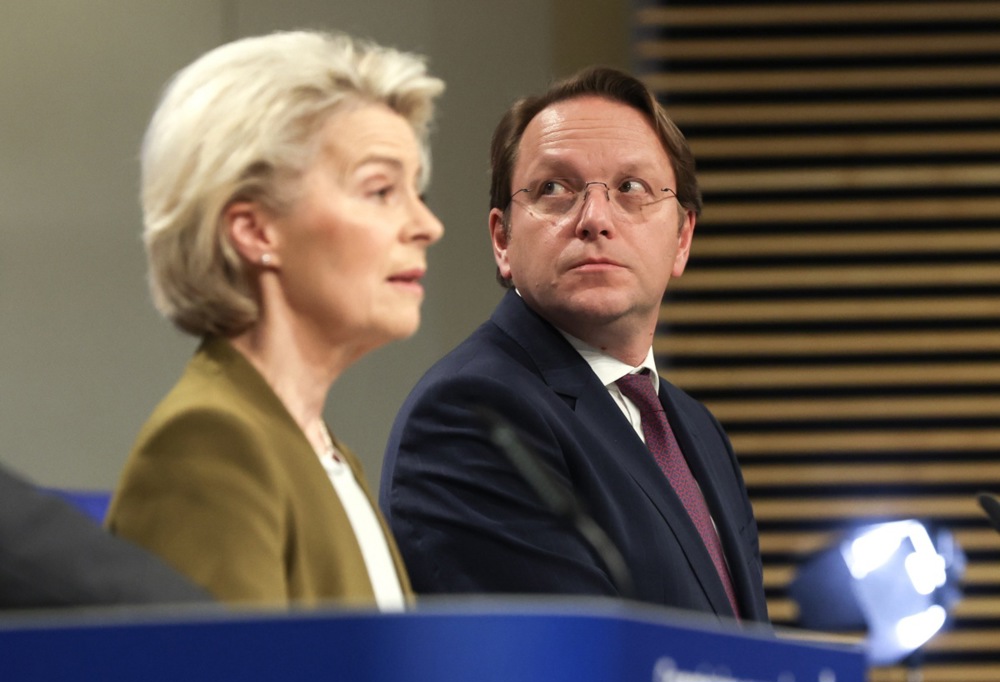There is more than one way to hide an empire.
Rule number one, never call it an empire.
In 2019, the American historian Daniel Immerwahr, in How to Hide an Empire, identified a ‘greater United States’ made up of many territories. They included the former Spanish colony of the Philippines and the once-independent Hawaii, as well as Guantanamo Bay in ex-Spanish colony Cuba and a second-hand Russian colony re-named as a state, Alaska.
In 1801 Great Britain took over direct legislative control of Ireland, its first colony, but called it a United Kingdom.
In 1917 the Bolsheviks threw over the Tsar and rejected the Russian Empire, but calling the same territories a Soviet Union.
In 1947, French colonies, including Guadeloupe and Martinique in the Caribbean, were no longer called colonies, but were renamed overseas departments.
You understand the method. If nobody calls it a colony, then nobody can call it an empire.
Which is where we come to what the European Union is up to now. What they are doing is building an empire. Except nobody is calling it an empire. They are calling it enlargement.
Ursula von der Leyen, president of the European Commission, insists that the present rush to add not just Ukraine, but eventually, in various degrees of speed, Moldova, Georgia, Albania, Bosnia and Herzegovina, Kosovo, Montenegro, North Macedonia, and Serbia to the EU – I generously leave to one side the question of Turkey, though that is on the Brussels list, an act with the wisdom of adding a crocodile to plans for the children’s fish pond – is caused by the Russian invasion of Ukraine.
A reasonable person would say that the invasion of Ukraine calls for a beefing up of the armies of NATO member states, not an expansion of a ponderous Brussels operation. But somehow last week, von der Leyen insisted this Ukrainian invasion had triggered an expansion “completing our Union”.
She said, “it is the call of history”.
Which sounds familiar.
Familiar because when the United States were taking over territory from Indians and Mexicans in the 19th century to invent new states, Washington politicians called it manifest destiny.
Call of history, manifest destiny.
Dress it up any way you want, but what it means is that somebody is building an empire.
Now of course the generation running the EU will not speak of building a European empire. It was not always so. If you look at the history of the EU, you will see that this drive for enlargement across the Continent was a goal set in place years ago, and it was openly called empire.
It is just that nobody bothered to believe the EU leaders when they spelled out their transcontinental final borders of a coming European empire.
In 2014, the then-president of the European Council, Herman van Rompuy, said in an interview that the EU intended to take over every country to the west of Russia.
That was a pretty alarming statement, but few people in European countries paid attention, because van Rompuy was laying down his plans in a Dutch-language Belgian newspaper, De Standaard. Yes, he did it in Dutch. And almost no one in the Brussels press corps reads Dutch.
However, one can reckon Putin had a translation from his diplomats in Brussels, crisp, fast and express to the Kremlin.
Van Rompuy talked about his “dream” that all the Balkan states will join the EU. He called it an “inspiring thought” that in the long term “the whole of European territory outside Russia” will be tied in some way to the EU.
He admitted he did not know if there is public support for such a move, “But we do it anyway”.
Van Rompuy’s comments were made at a time when the EU was already trying to put Ukraine on the path to EU membership. The comments would have given credence to Putin’s fears that ultimately the EU intended to take over far more than just Ukraine. He recognised that the EU intended to extend its border from the Arctic Circle to the Turkish border with Iraq.
Of course, even before Van Rompuy took over the Council, the European establishment was planning on expanding EU membership into what could only be an empire.
As long ago as 2007, José Manuel Barroso, the Portuguese former Maoist who was the president of the European Commission, said he liked to compare the EU “to the organisation of an empire”.
He said, “We have the dimension of an empire. I believe it is a great constructive”.
The EU has been ready to go for the full-Continent empire for decades. Why has it taken the eurocrats so long to fire up their imperial move?
Because they were waiting for an excuse to extend their powers. They could not just announce, “Today we start the long-planned empire”.
They needed an excuse, so they waited, they delayed. Ukraine delivered the excuse.
The delay is irrelevant to the EU strategists. In 1945, Jean Monnet, the so-called Father of Europe, defined the procedure for the European project: “There are no premature ideas. There are only opportunities for which one must learn to wait”.
Putin rolled his tanks into Ukraine. Useful idiot. The EU can now proceed with its manifest destiny. Or is that the call of history?






Russia is a permanent existential threat to Poland. Can Tusk be trusted with its defence?